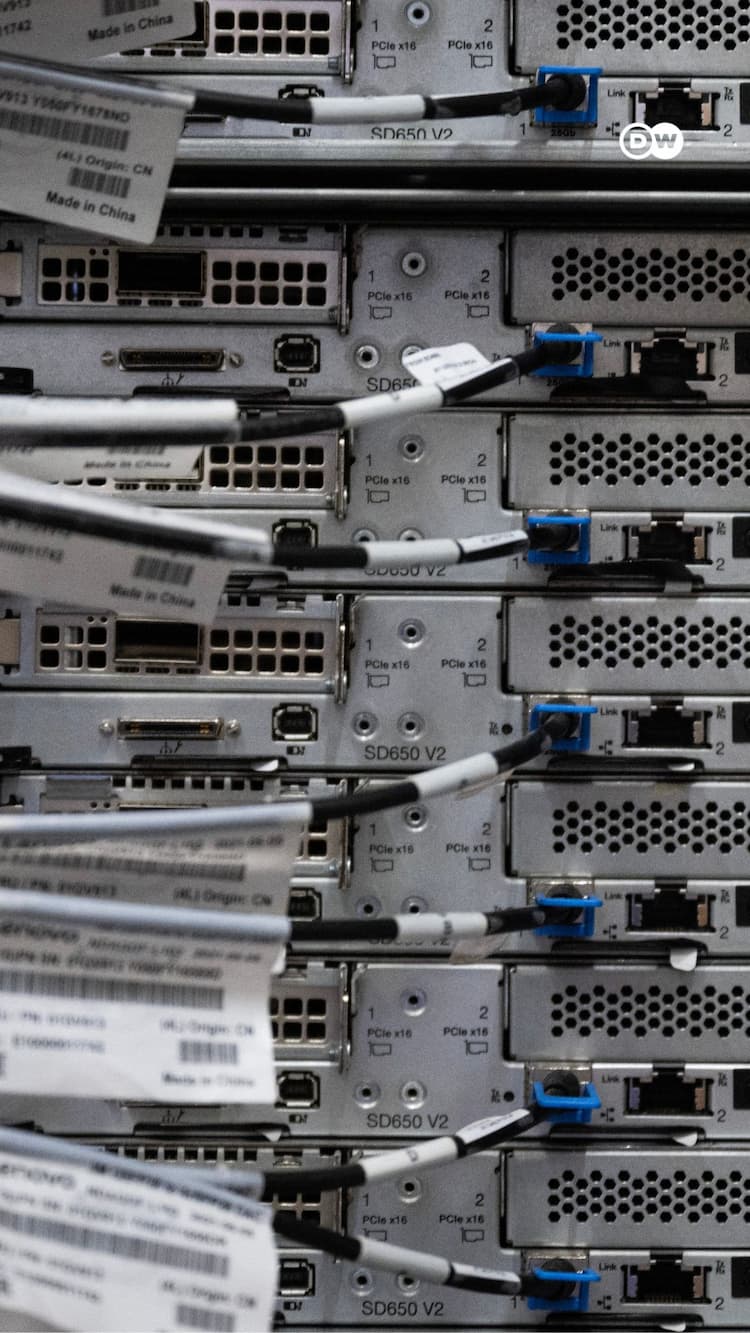No more messy updates- Windows 11 is getting a glow-up!
Windows updates have often been chaotic—different versions, platforms, and constant confusion. But Microsoft seems to be fixing the mess with some behind-the-scenes changes, setting the stage for smoother, faster updates.
A unified platform for Windows 11
Microsoft is now testing updates for Windows 11 version 25H2 using the Germanium platform, which was introduced with Windows 11 version 24H2. By bringing these changes to the Dev Channel, Microsoft is laying the groundwork for a more unified system. If both 24H2 and 25H2 share the same platform, users can expect faster rollouts, fewer bugs, and smoother upgrades. This is a big deal for anyone tired of constant patches and issues slowing down their Windows experience.
Optimized for Snapdragon X2
One of the key updates involves optimizing Windows 11 for devices powered by Qualcomm’s Snapdragon X2 chip. These platform changes, previously only available in the Windows Canary Channel, will now ensure smoother performance for ARM-based devices and the latest laptops, making it easier for users to enjoy faster speeds and better efficiency.
Reducing fragmentation across versions
Currently, Windows 11 uses three different platforms: Vibranium (Windows 10), Nickel (Windows 11 version 23H2), and Germanium (Windows 11 version 24H2). But with support for Windows 10 ending soon, Microsoft is looking to consolidate the experience into a single platform—likely Germanium. This shift could simplify future updates and reduce the risk of fragmentation, meaning fewer headaches for both developers and users.
The big picture: What’s next for Windows 25H2
Although Windows 11 version 25H2 hasn’t been officially announced yet, Microsoft’s moves in the Dev Channel suggest its development is well underway. As support for Windows 10 and 11 versions like 22H2 and 23H2 fades away later this year, Microsoft’s focus on streamlining the platform could finally bring the consistency and reliability that users have been hoping for.
Microsoft’s work on Germanium looks like the first step in reducing the complexity of Windows updates, offering a more cohesive and smoother experience for all users. If they succeed, this could be the game-changer for Windows users who have been struggling with fragmented, slow, and confusing updates for far too long.









